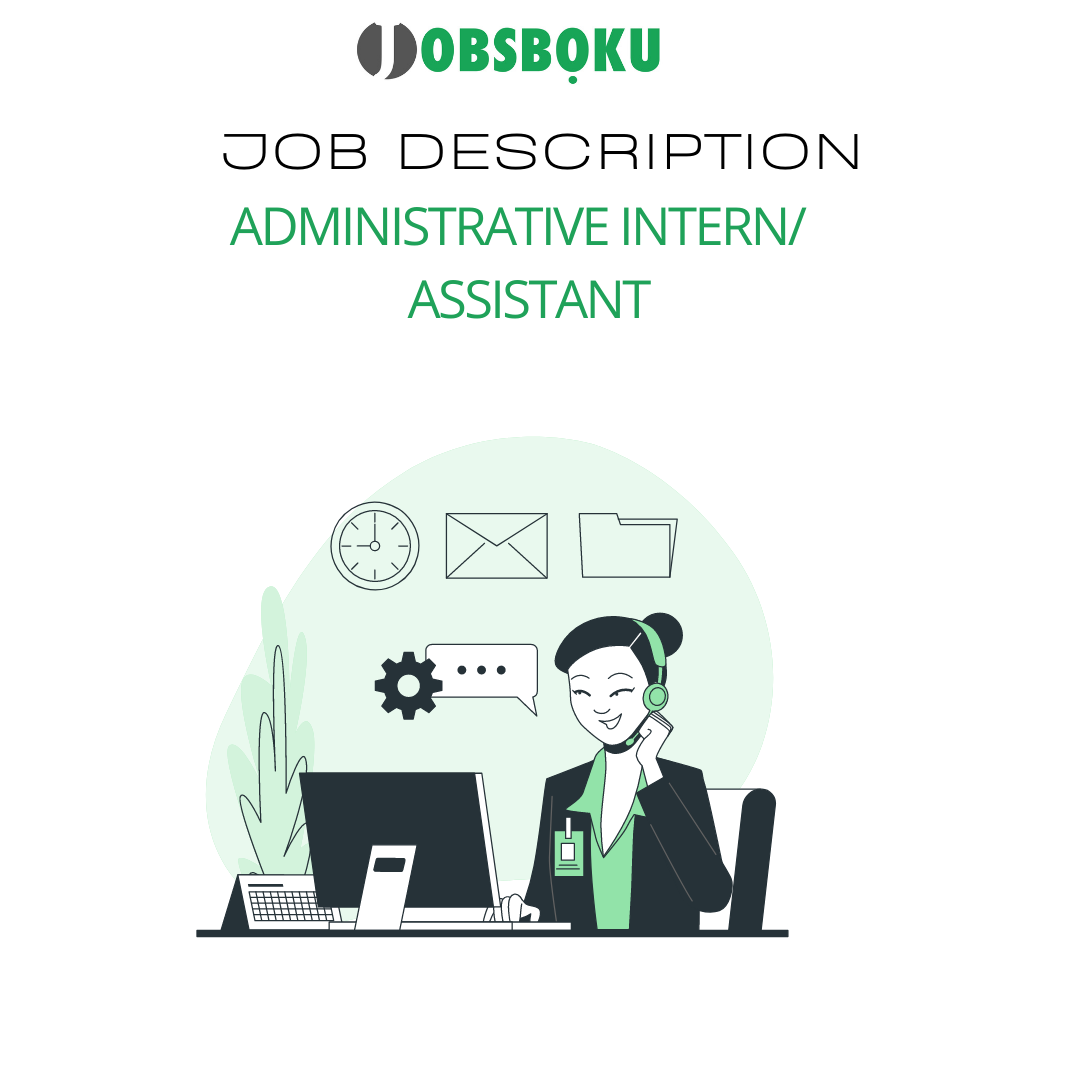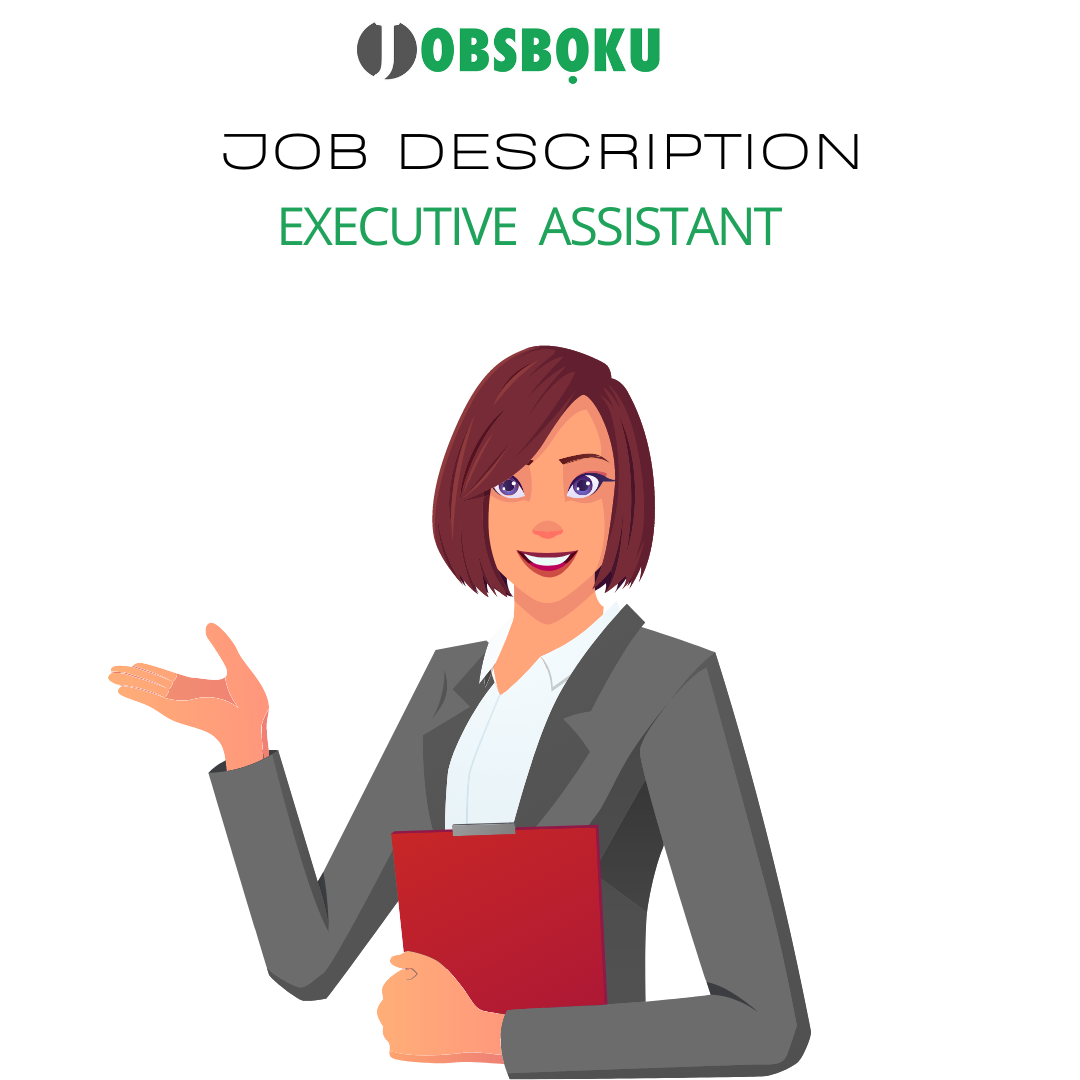Understanding Interview Etiquette

Etiquette is considered
an essential tool every job Seeker most have whether looking for job for the
first time or even been a seasoned professional, it is advisable to understand
the basic skill in interview etiquette so as to make a good first impression
and for the professionals a touch of professionalism. As an etiquette in interview,
we should practice some of the common question asked during an interview
setting such as “why do you want to work for this company?” where do you see
yourself in the next five years or what are your strength and weakness. Also
acquaint yourself with the proper answer and that suit the question which
should be done with a sense of confidence. All of this will help you clarify
your thoughts and make you much more comfortable during the interview.
Here are some
approaches to have in mind:
vDon’t be Late
and Don’t be too early.
This may seem like it goes without
saying, but you’d be surprised how many candidates still turn up late to
interviews.
Give yourself a good hour before the
interview to sit back, relax and regroup.
If you are, for unforeseen circumstances,
running late, it’s very important that you are courteous and apologetic to your
interviewer.
Ring ahead to let them know you’re
running behind and try to collect yourself before entering the interview
(looking hot, flustered and confused is not going to help your professional
image).
Another pet hate of many interviewers is
extreme earliness.
Remember, chances are that your
interviewer will have other tasks to complete and even need some time to
prepare themselves before the interview.
If you’re sat waiting, it could leave
them feeling under pressure, rushed and even slightly irritated (they may feel
a sense of guilt for making you wait).
Arriving 15 minutes early is just
about perfect.
vWork on your body language
One of the most off-putting interview blunders is
bad body language.Your interviewer doesn’t
really have that much to go on when they make their final decision. Chances are
that they’ll only get to meet you once or twice before hiring and that
means that during the interview they’ll be scrutinising your every move.
Tips
Do sit up straight and look genuinely
interested.
Do keep good eye contact.
Don’t slouch.
Don’t lean forward, towards the interviewer.
Don’t point.
Don’t cross your arms.
Don’t stare for too long.
Don’t fidget.
Don’t keep looking around the room.
Your body language will betray some of your
feelings in the interview, so if you can take control of your body, it
could go a long way towards smashing the interview.There is always need to be aware of what you’re communicating
through your posture and stance—and
make sure it’s good. For example, sitting with your arms and legs crossed sends
a message that you are closed-off or feel defensive. If you keep your hands in
your lap the entire interview, you could signal that you lack self-confidence.
And, twirling your hair can make you look nervous or juvenile. Think your
movements through ahead of time so you’re not distracted (or distracting)
during the interview.
vAsk relevant question
Always
be mindful of the fact that job interview is always two ways It’s an
opportunity for you to sell yourself to the company, but also to learn more
about the workplace to see if the position and environment are a good fit for
you. Go in with a
few questions, such as details about the type of
work that the position entails, the corporate culture, and the typical career
path of someone who holds the position. Don’t be scared to speak up: not asking
questions can signal that you’re uninformed or uninterested.
vDress the Part
Interview
mostly gives us an opportunity to make good impression of ourselves to the
intending employer, so make sure you’re dressed smart and decent.
Many candidates feel unsure and nervous about
what to wear for an interview, fearing ridicule if they dare to turn up in
clothes that are too smart (or too casual) but the truth is, it’s always better
to go overdressed! but do some investigation to find out what the corporate
dress culture is before you walk through the door. Whether your potential
employers have a casual office uniform or not, you need to dress to impress and
prove that you’re willing to put in some effort to win them over!
A
dark suit (jacket and pants or skirt) and a crisp white shirt, manicured nails,
simple make-up, and clean, professional shoes will be perfect in most cases.
And, definitely avoid dangling earrings, too much perfume, and multiple,
clanking bracelets.
vSmile
Job
interview is a considered a high-pressure situation, but looking nervous will
lose you points in the few critical moments you have to make a good impression.
Smiling naturally will make you appear confident, friendly, and approachable.
Even if you’re not feeling it, fake it. A smile conveys that you’re someone who
can get along with fellow employees.


